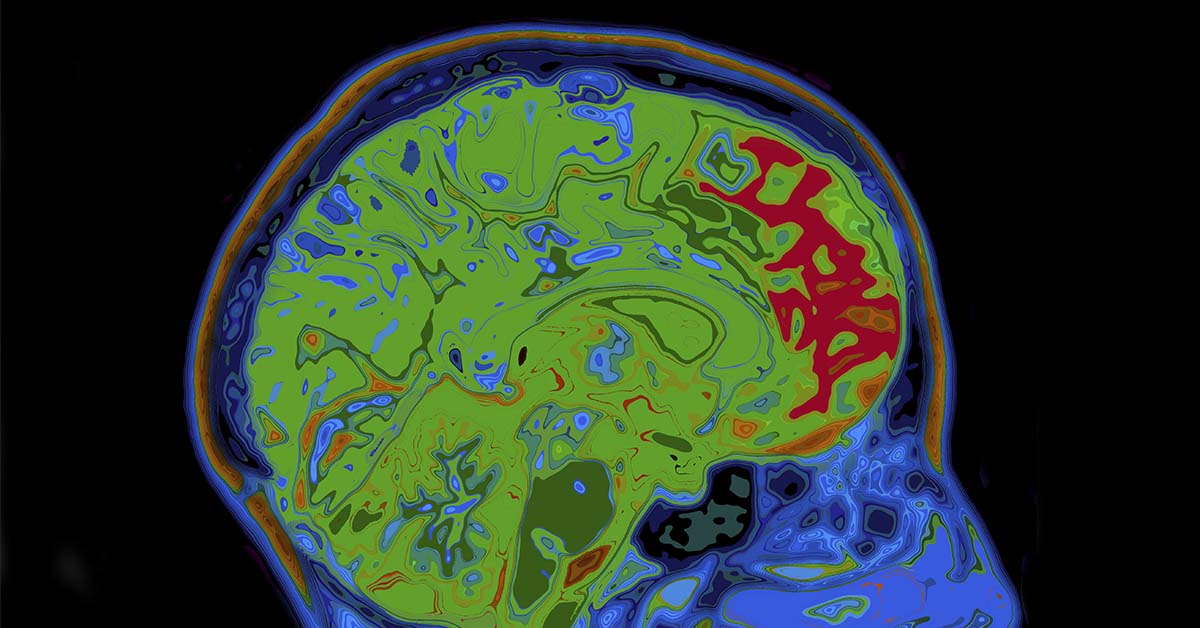At the tender age of six, Lucas received a devastating diagnosis: a rare form of brain tumor. At that moment, the prognosis seemed grim. Recalling the heart-wrenching conversation with Lucas’s parents, French doctor Jacques Grill still feels the weight of having to convey the news of their son’s bleak future with brain cancer.
Fast forward seven years, and Lucas, now 13, stands as a beacon of hope
Remarkably, there is no trace of the once-debilitating tumor according to Science Alert. Hailing from Belgium, Lucas holds the distinction of being the first child globally to triumph over brainstem glioma. An aggressive cancer, as confirmed by the researchers at the Gustave Roussy Cancer Center in Paris.
Dr. Grill, head of the brain tumor program at the center, marvels at Lucas’s resilience, stating, “Lucas defied all odds. Over a series of MRI scans, I watched as the tumor completely disappeared.” Known formally as diffuse intrinsic pontine glioma (DIPG), this tumor afflicts approximately 300 children in the United States and up to 100 in France each year.
With Lucas being the first to beat this type of brain cancer, other children are fighting back

As the medical community celebrates International Childhood Cancer Day, advancements are acknowledged. With over 85 percent of children now surviving this type of brain cancer beyond five years post-diagnosis. However, for those diagnosed with DIPG, prospects remain grim, with most succumbing within a year. A mere 10 percent survive beyond two years, despite efforts to mitigate the tumor’s rapid progression through radiotherapy.
Read More: Boy, 3, with terminal brain cancer enjoys ‘best Xmas ever’ three months early
A journey into the unknown for Lucas and his family
Enter Lucas and his family, who journeyed to France to enroll him in the BIOMEDE trial. A venture exploring novel treatments for DIPG. Responding remarkably to the drug everolimus, randomly allocated to him, Lucas astounded doctors as his tumor vanished entirely over successive MRI scans.
Yet, even as Lucas ceased taking the medication a year and a half ago, the tumor remained absent. A phenomenon unparalleled in medical records. Dr. Grill attributes Lucas’s exceptional recovery to the tumor’s unique genetic makeup, positing that a rare mutation heightened its susceptibility to the drug.
With no other case like his, researchers delve deeper

Intrigued by Lucas’s case, researchers delve deeper, scrutinizing genetic anomalies and cultivating tumor organoids in laboratory settings. Marie-Anne Debily, overseeing the research, expresses optimism, envisioning a potential breakthrough wherein Lucas’s cellular distinctions could pave the way for effective treatments. “The next step will be to find a drug that has the same effect on tumour cells as these cellular changes.” She said.
Doctor Grill said: “I don’t know of any other case like him in the world. Lucas’s tumour had an extremely rare mutation, which we believe made its cells far more sensitive to the drug.” He added: “Lucas is believed to have had a particular form of the disease. We must understand what and why to succeed in medically reproducing in other patients what happened naturally with him.”
Despite the promising developments, caution prevails. Dr. Grill emphasizes the prolonged trajectory from discovery to drug development, cautioning that viable treatments are years away. Pediatric oncologist David Ziegler echoes this sentiment, acknowledging the growing landscape for DIPG treatment while emphasizing the need for continued research and clinical trials. “On average, it takes 10-15 years from the first lead to become a drug – it’s a long and drawn-out process,” Grill added.
Sources
- “World First: 13-Year-Old Child Cured of a Deadly Brain Cancer” Science Alert. Isabelle Tourne and Daniel Lawler,AFP. February 14, 2024.

